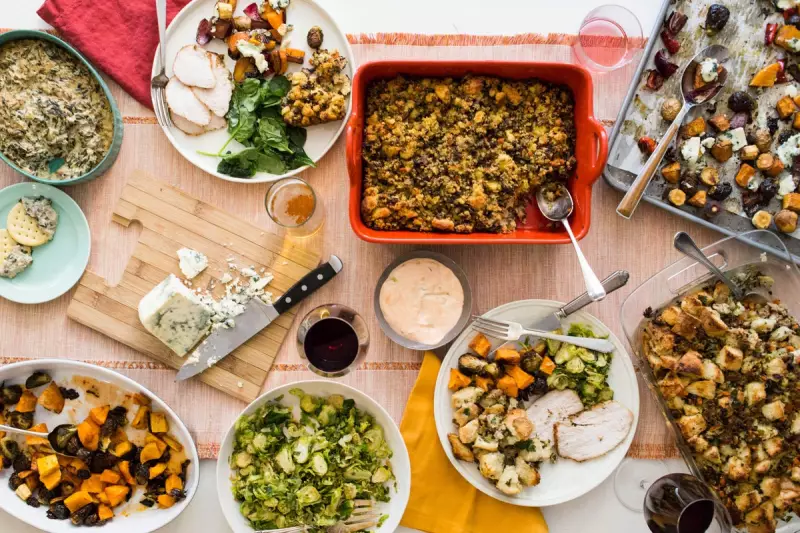
For countless people across the UK and beyond, holiday seasons are a cherished time for family gatherings and treasured customs. These celebrations are often centred around lavish feasts, making it entirely normal to consume more food than during a typical week. That familiar sensation of being overly full – the swift transition from pleasant satisfaction to uncomfortable bloating – is a common experience for many.
Bryn Beeder, a registered dietitian and Visiting Instructor in Kinesiology, Nutrition, and Health at Miami University, wants to reassure you. In an article originally published on Wednesday 26 November 2025 in The Conversation, Beeder emphasises that your body is well-equipped to handle the extra food and drink. Your overall health and wellness are not defined by a few days of festive indulgence.
The Science of Slower Digestion
When you sit down for a substantial holiday meal, you are likely ingesting a larger quantity of all three main macronutrients – carbohydrates, proteins, and fats – in a shorter timeframe than usual. Your gastrointestinal tract works through both mechanical and chemical processes to break these down into their simplest forms for energy and bodily repair.
A bigger meal naturally requires more time to digest, meaning it moves more slowly through your system. Proteins and fats take longer to break down compared to carbohydrates. While a carb-heavy snack provides a quick energy spike, the protein and fat in your holiday roast contribute to a slower, more sustained release of energy, which can actually be beneficial for steady appetite control.
Managing Physical Discomfort
Your digestive system is designed to cope, regardless of the meal's size. The real question is how long the process will take and whether it might lead to some temporary unease. As your stomach stretches to accommodate the food, you might experience heartburn, stomach pain, nausea, gas, or a general feeling of sluggishness.
Your body begins preparing for digestion even before the first bite, with sights and smells triggering saliva and stomach acid production. To manage this discomfort, Bryn Beeder suggests staying upright for two to three hours after eating, as lying down can worsen symptoms. A brief 10 to 15-minute walk can also aid the process by stimulating stomach contractions and improving blood flow to your digestive tract.
Moving Beyond Food Guilt
It is crucial to understand that a single day of overindulgence will not lead to permanent weight gain or long-term health changes. However, recurring cycles of feeling guilty about food can, over time, damage your relationship with eating.
We often fall into the trap of labelling foods as 'good' or 'bad,' a mindset that becomes particularly pronounced during the holidays. Beeder encourages a shift in perspective. Food does not hold moral value. Instead, it can be a source of positive emotions and powerful memories, with scents like a grandmother's pie triggering vivid recollections via the brain's emotional centres.
This festive period, focus less on calorie counts and more on the company, laughter, and flavours that make your traditions unique. By eating the foods that bring you comfort and connection, you are nourishing far more than just your body.






